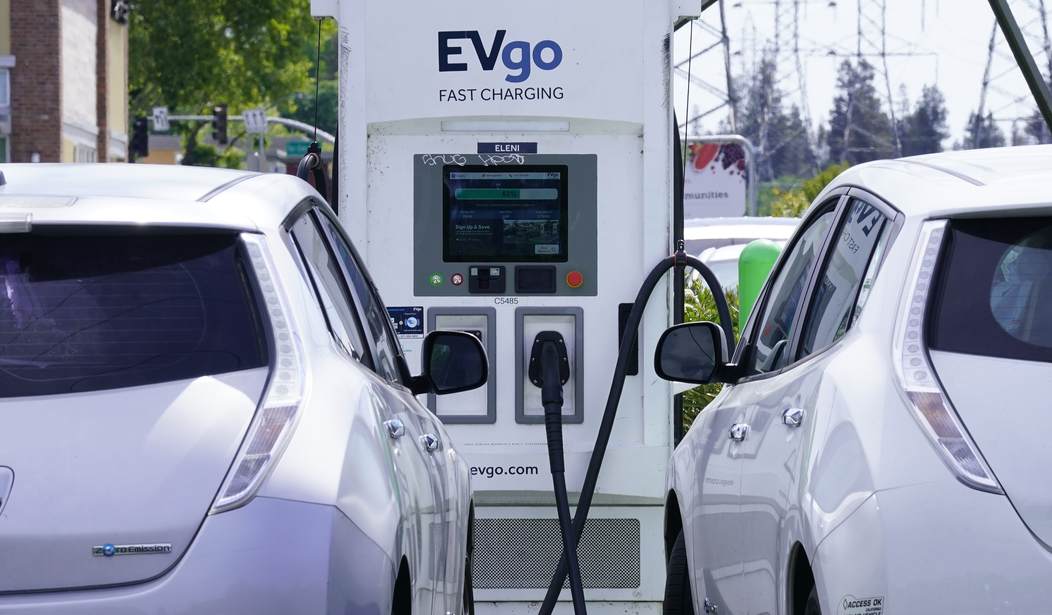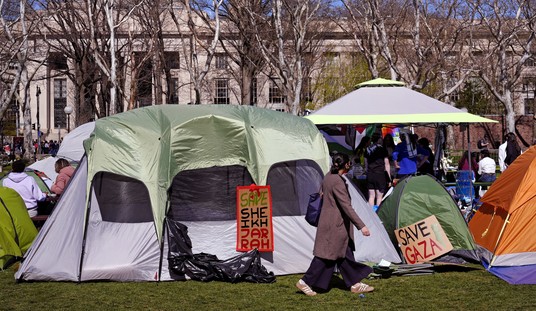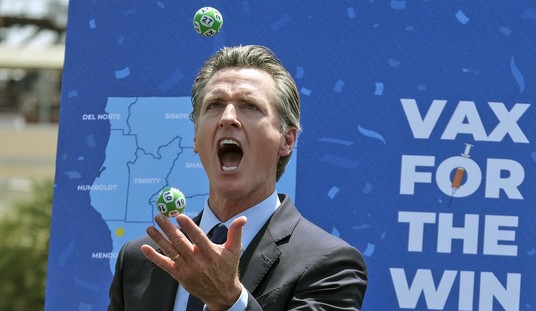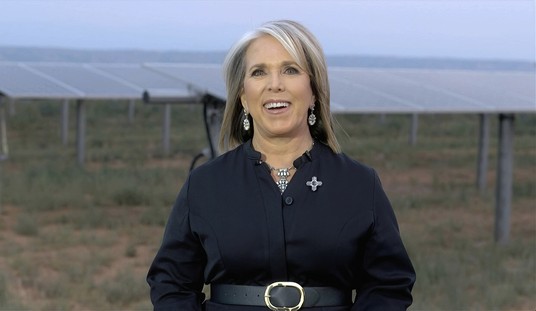The Biden Administration, as we have seen in recent reporting, seems determined to get Americans to switch to an electric vehicle (EV) whether you like it or not. This is done in the name of “green” policies and climate change, but it’s been known for some time that cold weather dramatically reduces the range an EV has per charge. But now, we learn that hot weather can have the same effect.
A new study suggests that excessive heat can greatly diminish electric vehicle range. The findings are similar to other studies that show how excessive cold also reduces range. Thankfully, it seems as though the range is mostly unaffected unless the temperature is in the triple digits.
Seattle-based Recurrent studies and tests thousands of vehicles each year in order to analyze the relationship between batteries and their range. Its latest data indicates that when things get really hot, EVs could lose almost a third of their stated range. While Recurrent didn’t name names, it says that some vehicles saw a drop in their range of 31 percent when temperatures climbed above 100 degrees Fahrenheit (38 degrees Celsius).
It’s significant to note that, this summer, much of the American Southwest has seen temps consistently over 100 degrees. If you live in Phoenix or Tucson, Arizona, Las Vegas, Nevada, or Las Cruces, New Mexico, prepare to lose 30 percent of your EV’s range through most of the summer.
Recurrent, the company that has done this testing, has already shown how freezing cold weather affects EV performance:
Recurrent is the same company that last year found that freezing temperatures have a nearly identical effect. Both the Ford Mustang Mach-E and the Volkswagen ID.4 saw dips in range of 30 percent when temps dropped below 30 degrees Fahrenheit (-1 degrees Celsius). At the same time, it’s worth noting that less extreme temperatures exhibit very little influence on battery range.
Look closely at that: the dips happened in the range of 30 percent at temps below 30 degrees. Here in our Great Land homestead, in winter it won’t rise above 30 degrees for months. I’d also point out that, in the words of Aaron Lewis, it’s “half-hour from my front door, to a Walmart or a grocery store.” The same applies to places like Fraser, Colorado, Fargo, North Dakota, or International Falls, Minnesota (which often clocks the record low every winter). EVs are, again, less useful than gas or diesel vehicles there—and plenty of other places.
Not every part of the country has San Francisco’s climate.
It seems as though we’ll have to wait to see if Recurrent releases any data on which models specifically suffer the most in high temps. Until then the lesson is clear, avoid driving electric vehicles in extreme weather conditions whenever possible.
In a nutshell, electric vehicles are not and likely never will be as versatile across a range of weather conditions as traditionally-fueled vehicles. The United States is a big place; across the country, we can see lows of minus-20 and lower here in Alaska or in places like Minnesota and the Dakotas, while summers in Texas, Arizona, and New Mexico can see temps into the triple digits for weeks at a time. EVs are not particularly useful under these conditions.
This should be another nail in the coffin of government subsidization and regulation of products in the name of “green” policies.
The whole push for EVs in particular is becoming laughable as more and more of these studies are released. They simply never will be as versatile under a wide range of conditions, especially for long road trips, as a traditionally-fueled automobile. One can see how a small EV would be great for urban commuters, but for rural and small-town folks who generally cover greater distances, not so much.
Government, at any level, should not be involved in picking economic winners and losers. Markets usually get things right in the long run, and we should let them do that. Some drivers will find EVs useful and desirable; they’ll buy them. Some of us rely on traditionally-fueled vehicles because of weather or long-distance driving, or just because we prefer them. It’s nobody else’s business what anyone chooses to buy and drive, and it sure as shooting isn’t the government’s business. And as bad as these policies are, how long will it be before some government functionary, in the name of “green” policy, decides that we rural dwellers shouldn’t be allowed to live where we choose, and should be instead shoved into a 15-minute city?
And remember; they aren’t just pushing bad policies on cars.
There is an apocryphal quote generally attributed to Arthur Wellesley, 1st Duke of Wellington, who was a brilliant military mind but an insufferable elitist jerk. He was supposed to have said that he was opposed to the growth of passenger railroads, claiming they would “foster unrest by allowing the lower orders to move more freely about.”
The attribution to Wellington may be fallacious, but the sentiment isn’t; you see it every time the “green” elites gather, and you see it in the push for inefficient electric cars.















Join the conversation as a VIP Member